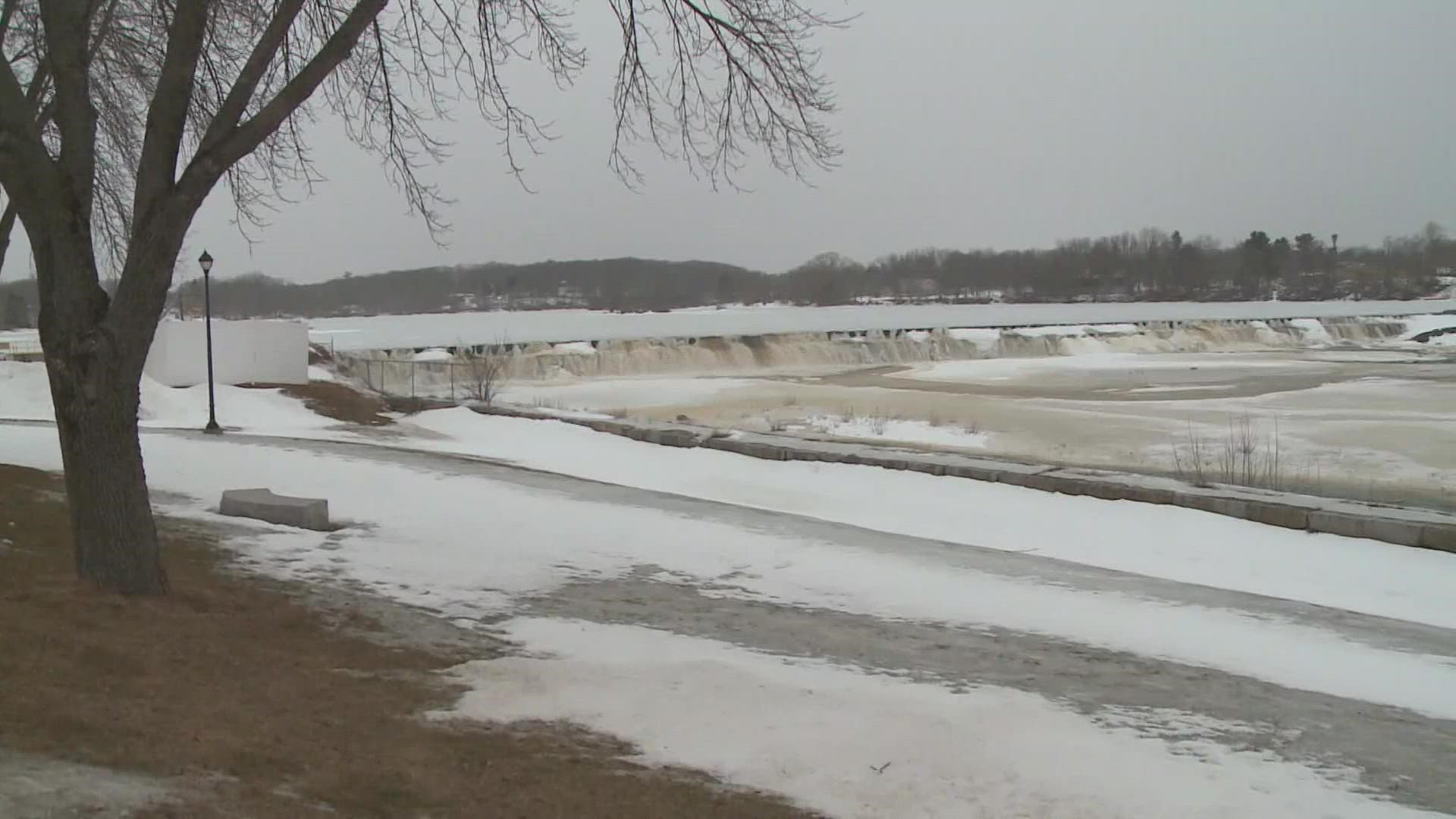OLD TOWN, Maine — Concerns about so-called "forever chemicals" prompted Penobscot Indian Nation leaders to issue a "do not eat advisory" for fish from the Penobscot River.
The industrial chemicals known as PFAS are in the runoff, known as leachate, from a state-owned Juniper Ridge Landfill.
Every year, millions of leachate gallons are discharged into the river after being treated at the ND Paper Mill in Old Town. Wastewater treatment facilities or landfills are not required to remove the toxic compounds, but tribal leaders are fighting for stricter rules to protect the tribe's health.
According to the Agency for Toxic Substances and Disease Registry, toxic chemicals have been linked in federal studies to health issues such as thyroid disease, liver problems, and organ cancers.
For generations, the Penobscot Indian Nation members have fished the Penobscot River surrounding the Indian Island reservation. But now, there's a warning for tribal members who rely on this resource.
"They shouldn't be eating the fish, particularly for women of child-bearing age and young children," Dan Kuziernz, Water Resources Program Manager for the Penobscot Indian Nation, said.
He said the advisory comes after tests showed runoff, known as leachate, from the Juniper Ridge Landfill showed levels of the toxic compounds 20 times more than the state's standard.
Millions of gallons are hauled from the state-owned landfill to the ND Paper Mill every year. The leachate is discharged into the Penobscot River after it's treated, but the harmful chemicals remain.
"That PFAS is largely just going into the Penobscot river," Kusnierz added.
Kusnierz testified in favor of a bill, LD 1875, that would require PFAS to be removed from Juniper Ridge's leachate. The chemicals were used in products from firefighting foam to the paper mill industry.
Right now, there are no wastewater treatment facilities equipped with the technology to remove PFAS. The wastewater plant serving the Anson Madison area received federal funding to install a new treatment system to remove the chemicals. Still, it's not expected to come online for several years.
The Environment and Natural Resources Committee heard from Emerging Compounds Treatment Technologies, a Portland company that designs systems that remove PFAS by utilizing granulated active carbon filters and resin.
The synthetic compound in these tiny beads bind and filter out the chemicals. Steve Woodard, the company's chief innovation officer, said the technology could carry a hefty price tag.
"From $3 million to $25 million, depending on the situation," Woodard said.
Committee members instead approved an amendment directing state officials to study ways to treat and reduce PFAS in leachate. But Kuziernz said their action is needed now because of the health of tribal members.
"It's such an important part of the tribe's identity. We know people are out there just ignoring the advisories," he said.
For more information on the PFAS investigation by the Maine Department of Environmental Protection, click here.

